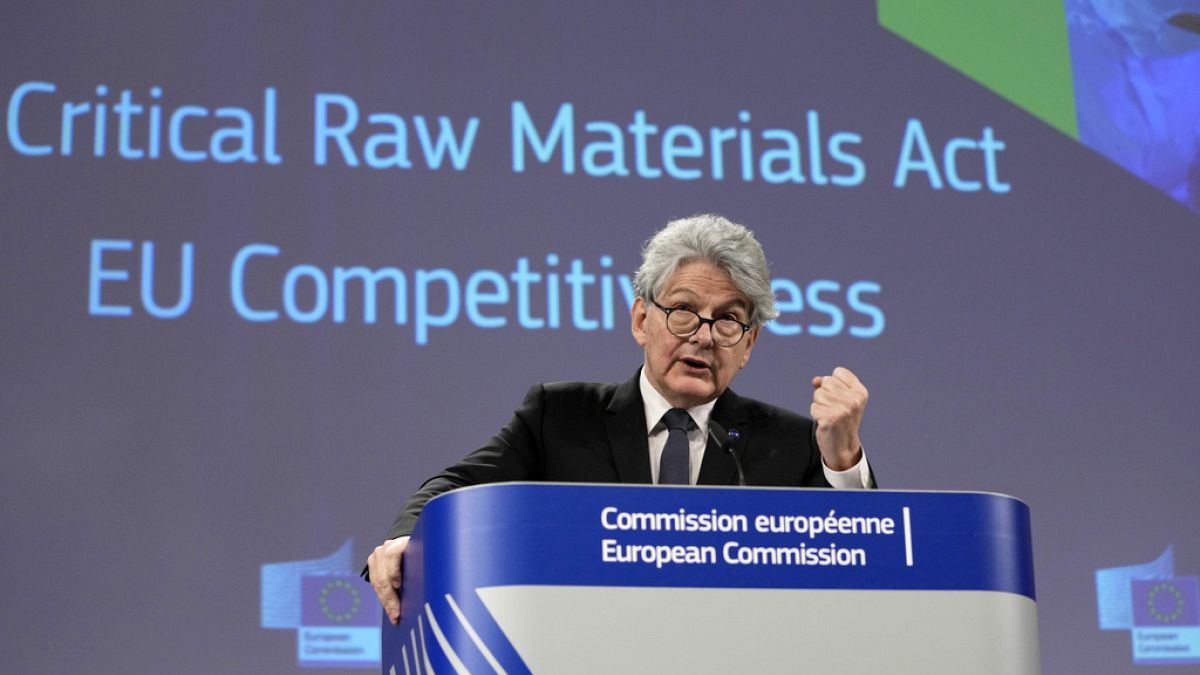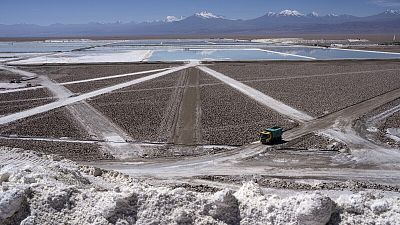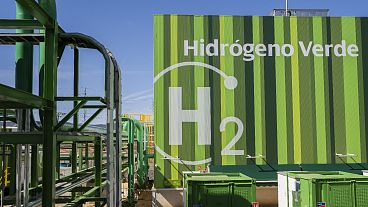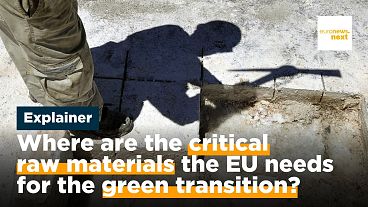Latest EU legislation opens the door to mining activities for critical raw materials across the bloc though some lawmakers wanted more protection for local communities.
EU governments today (March 18) gave a green light to domestic European mining and extraction of critical raw materials to advance green technologies in the face of social and environmental concerns.
The Critical Raw Materials Act (CRMA), proposed by the European Commission in March 2023, is designed to reduce reliance on foreign players including China, and to ensure diversification of supply in a bid for the bloc to deliver the European Green Deal, the EU’s plan to become carbon neutral by 2050.
Under the CRMA, 34 critical and 17 strategic raw materials were established as “crucial” for the green and digital transitions, as well as for the defence and space industries. The new law sets three targets for the EU’s annual consumption of raw materials: 10% for local extraction, 40% to be processed in the EU and 25% to emanate from recycled materials.
Extraction projects will receive their permits within a maximum period of 27 months, while recycling and processing projects should receive permits within 15 months, according to the new law.
MEP Henrike Hahn (Germany/Greens), co-leading the legislative file in the European Parliament, said the CRMA will supply materials “urgently needed for industry and small and medium-sized enterprises” producing “crucial goods” such as wind turbines, solar panels, electric cars and computer chips.
However, Hahn regretted the agreed text's “lack of explicit mention” of communities based near mining extraction sites offering free consent to such mining, due to “resistance of the Council”.
“We would have also hoped for stronger provisions in regard to protected areas, where we needed to make some difficult compromises. Nevertheless, the CRMA explicitly does not change any provisions of the environmental legal framework, which would have been a red line for us [Greens],” Hahn told Euronews.
Lawmaker Cornelia Ernst (Germany/The Left), also co-leading the legislative file in parliament, said the final result was not “as ambitious” as the European Parliament’s mandate and expressed “mixed feelings” acknowledging the need to “reduce dependencies” on overseas sources and to balance these with domestic mining.
"The principle of prior informed consent, as actually envisaged in the European Parliament position, is sorely lacking," Ernst echoed Hahn’s concerns.
"When the excavators start rolling for strategic projects in Europe and elsewhere, there will inevitably be social upheaval and environmental impacts. Then we will see how robust the law on critical raw materials really is,” added Ernst.
Jo Brouns, Flemish Minister for Economy and Innovation, representing the EU Belgian Presidency, said the new law will help to “turn the challenges of dependencies” into “strategic autonomy”.
“This legislative act will boost our mining sector, enhance our recycling and processing capacities, create local and good quality jobs, and ensure that our industry is up and ready for the digital and green transitions,” said Brouns.
Roger Doome, director general of Industrial Minerals Association Europe (IMA-Europe), said the CRMA’s scope should be expanded to “include all raw materials without distinction” and suggested that the human resources of the national or regional permitting authorities “should be increased to deliver faster permitting procedures”.
The commission is forging agreements with mineral-rich states to ensure diversity of supply, having signed partnerships with Chile, Greenland, Ukraine, Canada, Rwanda and is currently in negotiations with Norway.
Last week, the bloc announced the opening of a new office in Nuuk, Greenland, to “invest in clean energy, critical raw materials and skills”, according to commission president Ursula von der Leyen.



